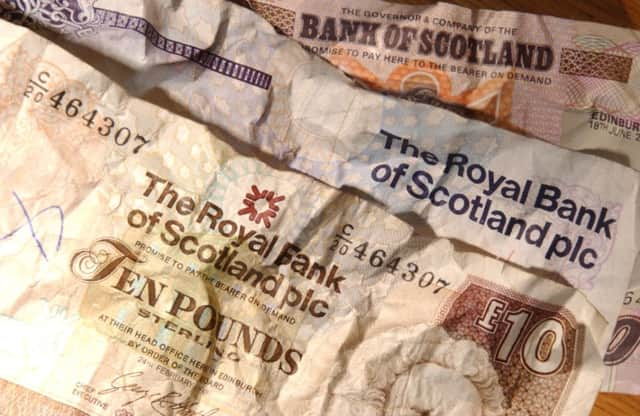There is both good and bad tax avoidance


Good tax avoidance is when people take up government incentives to do the things it wants them to do – give shares to employees, develop or utilise green technology, become an entrepreneur, make charitable donations, invest in a pension, give away their wealth before old age. Only a fool would be too high-minded to take advantage of such tax breaks.
Bad tax avoidance is when people do things that purport to be within the letter of the law but tend not to be within the spirit of the law. This might involve playing one country’s tax system off against another’s, with the result that no liability to tax arises in either. Or it might involve complex and artificial arrangements that have no economic purpose, but that deliver a desired tax outcome.
Advertisement
Hide AdAdvertisement
Hide AdHMRC encourages people to carry out good tax avoidance, but takes a dim view of bad tax avoidance, which it generally regards as abusive, and has recently gained a new instrument to attack bad tax avoidance – the GAAR (General Anti-Abuse Rule) – which applies a version of the “man in the street” test to whether a tax arrangement is within the spirit of the law.
Tax evasion involves deliberate dishonesty and may result in criminal proceedings. It is condemned.
In 1929 Lord Clyde declared “no man is under the smallest obligation, moral or other, so to arrange his legal relations to his business or to his property as to enable the Inland Revenue to put the largest possible shovel into his stores”. In other words, it’s okay to do tax planning.
Tax is often described as the price of living in a civilised society. Certainly, there is a moral principle at the heart of a fair tax system, which is that the rich should contribute relatively more than the poor. But, equally, it is morally good and entirely sensible for an individual or a business to take tax advice and to ensure that the shovel that HMRC puts into one’s stores is of an appropriate size.
• Alastair Thomson is Tax Director in the Edinburgh office of French Duncan Chartered Accountants